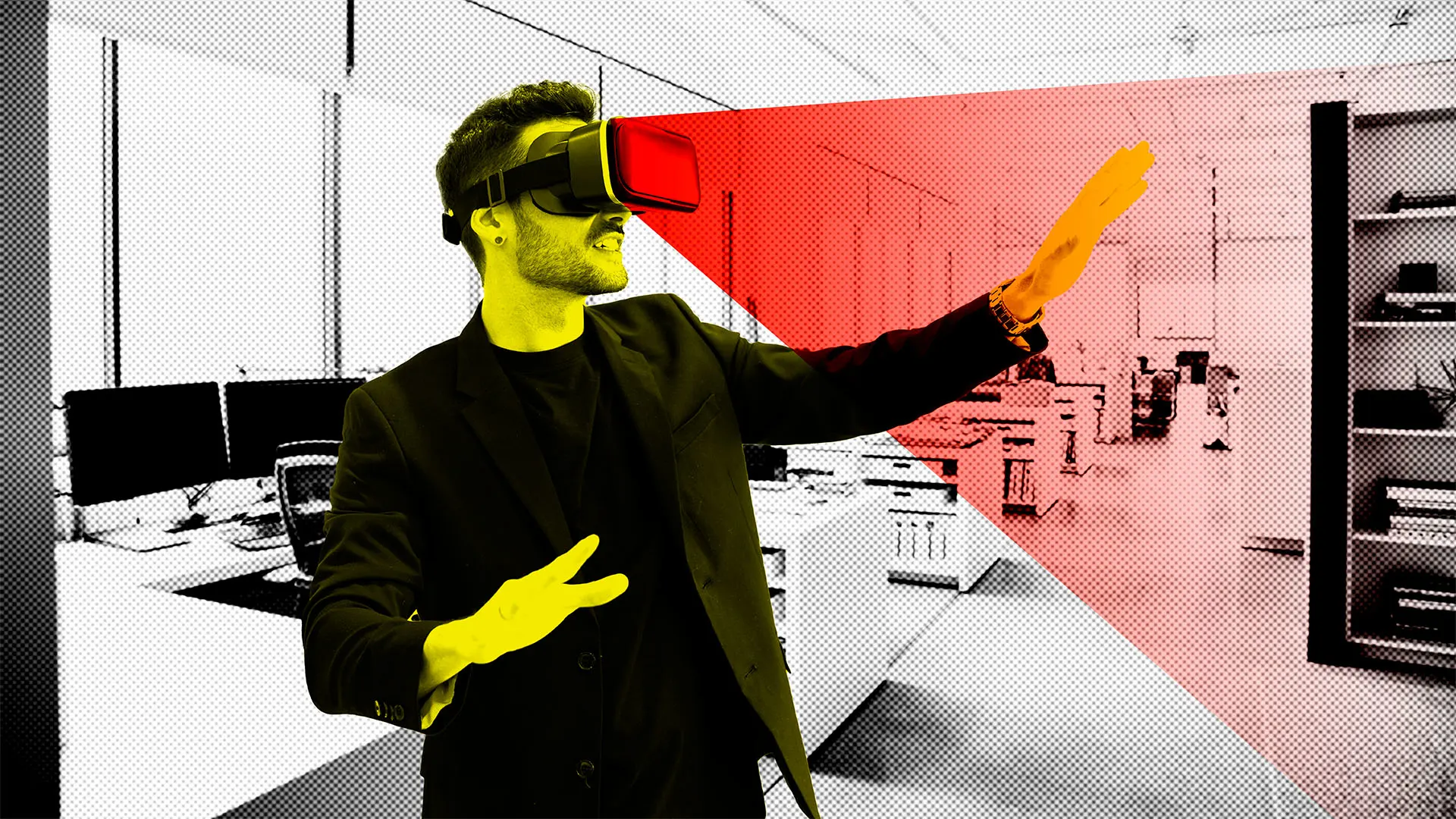Copyright Inc. Magazine

Wearable tech continues to be one of the Next Big Things in technology innovation, thanks to what many experts expect to be the replacement for the humble smartphone—AR and VR headsets, as well as other AI-powered devices. But wearables like fitness monitors and smartwatches are already part of some workplaces as a useful tool for monitoring employees — providing data on everything from performance to employee well-being. But this sometimes controversial data collection carries some risks, as a new report highlights. A team of management researchers from the U.K.’s University of Surrey recently did a meta-analysis of previous studies on the benefits and risks of using wearable worker monitoring tech. They found that most workplaces that have deployed wearable tech are using them to track employees’ well-being and health data. The devices were helpful for accurately tracking “sleep quality, stress markers, physical activity, and even team dynamics,” science news site Phys.org reported. That, which aligns with some of the ways devices like FitBits and Apple Watches are promoted. But the way some businesses roll out these devices is problematic the researchers said, since many of these efforts aren’t fully transparent and leave employees guessing about what personal data is being collected by their companies and why it’s being gathered. Meanwhile, many businesses have inconsistent policies for analyzing collected employee data, and they may even store it insecurely. This behavior risks making workers feel insecure and suffering the effects of “invasive surveillance,” Phys.org says. That level of explicit oversight can harm workplace culture. When used properly, these wearables, many of which are commercial off-the-shelf products, can warn HR departments in real time about potential problems. One good example is their potential to spot “rising stress before burnout or to safety hazards before accidents,” wrote Dr. Sebastiano Massaro, a neuroscience lecturer and co-author of the study. Featured Video An Inc.com Featured Presentation But unless companies have “robust methodological and ethical guardrails,” there’s a risk of blurring the lines between “science and pseudoscience, between real support and dangerous surveillance,” Massaro worries. In their best uses, wearables can “help create safer, healthier, and more responsive and productive workplaces” he thinks. Done badly, they could “normalize unnecessary monitoring and paradoxically increase workplace stress rather than reduce it.” Recently, Amazon revealed it was developing smart glasses (a little like Meta’s recently unveiled AR glasses) the company said will help its delivery drivers “identify hazards, seamlessly navigate to customers’ doorsteps, and improve customer deliveries.” The goggles sound like powerful tech, melding “AI-powered sensing capabilities and computer vision” with cameras and a display so a driver can see “everything from navigation details to hazards to delivery tasks,” as well as spotting the right packages in their truck at a delivery address. It’s plausible that these devices could speed up deliveries—a form of 21st century optimization that’s akin to a business efficiency decision that means UPS delivery trucks almost never turn left. But Amazon’s product announcement immediately triggered ethical and privacy worries, both about the drivers’ well-being and about data collected outside the trucks, when drivers are at a delivery location, for example. Amazon, after all, has repeatedly been in the news over the way it surveils its workforce, including landing a 32-million euro fine ($36 million) in France in 2024 for doing so excessively. How can you best apply this research for your own company? Offering your workers wearable tech can be presented positively — the devices have a certain social cachet, and if they help workers monitor their health and fitness for their own purposes (as well as for more workplace-directed reasons, like monitoring stress levels) then they can be seen as an attractive workplace perk. The data they collect can, if used responsibly, also help you avoid complex health issues like burnout. But if you do deploy tech like this, it’s important to be open and transparent about what data is being collected, and what for, and also to be rigorous in protecting sensitive employee medical data. Otherwise you risk harming employee well-being and your company’s reputation.



